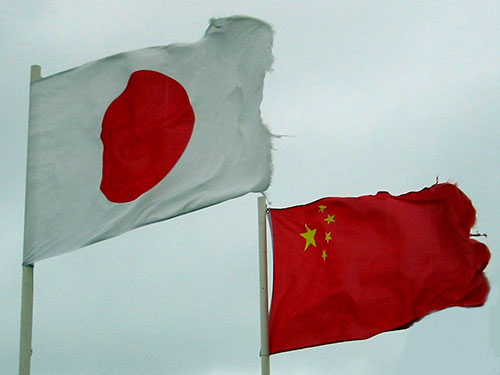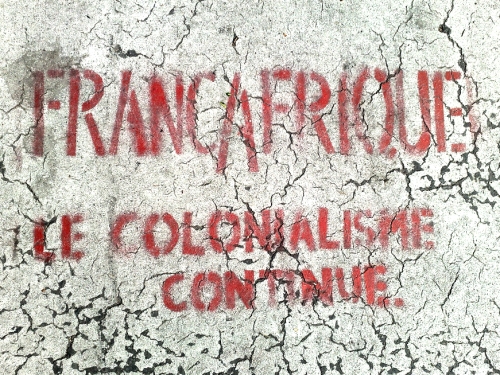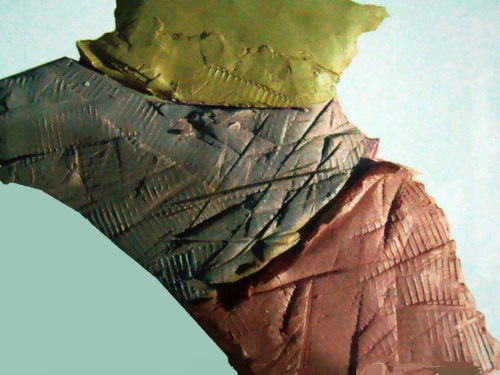
This article was originally published by LSE EUROPP, a blog hosted by the London School of Economics and Political Science, on 2 October, 2015.
Catalonia’s independence movement secured a majority of seats in the regional parliament on 27 September, but fell short of winning an outright majority of the vote. The result strengthened the case for a referendum, which Madrid has for long rejected, but weakened the case for independence: after years of campaigning and mobilising Catalans, the pro-independence camp is still unable to secure half the regional vote.
The path to independence will remain a long, contentious and indeed controversial one. But what lessons can Spain draw from other secessionist movements around the world? The primary lesson is that secession, whether it takes place in Europe, the Middle East or Africa, in industrialised democratic countries or war-torn developing countries, tends to bring more problems than it solves.




